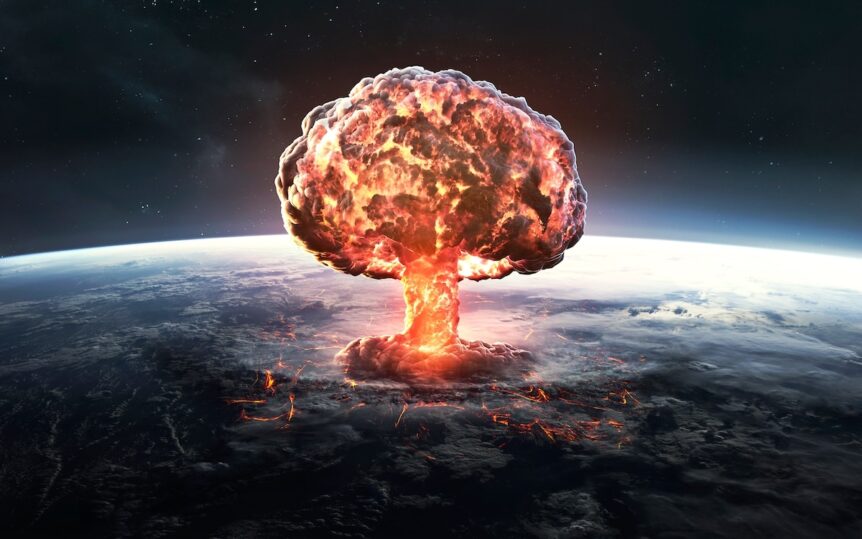In a world where tensions continue to rise, the specter of nuclear war looms ever closer. Here are 21 events and developments that make the unthinkable seem increasingly possible.
1. Escalating U.S.-China Tensions
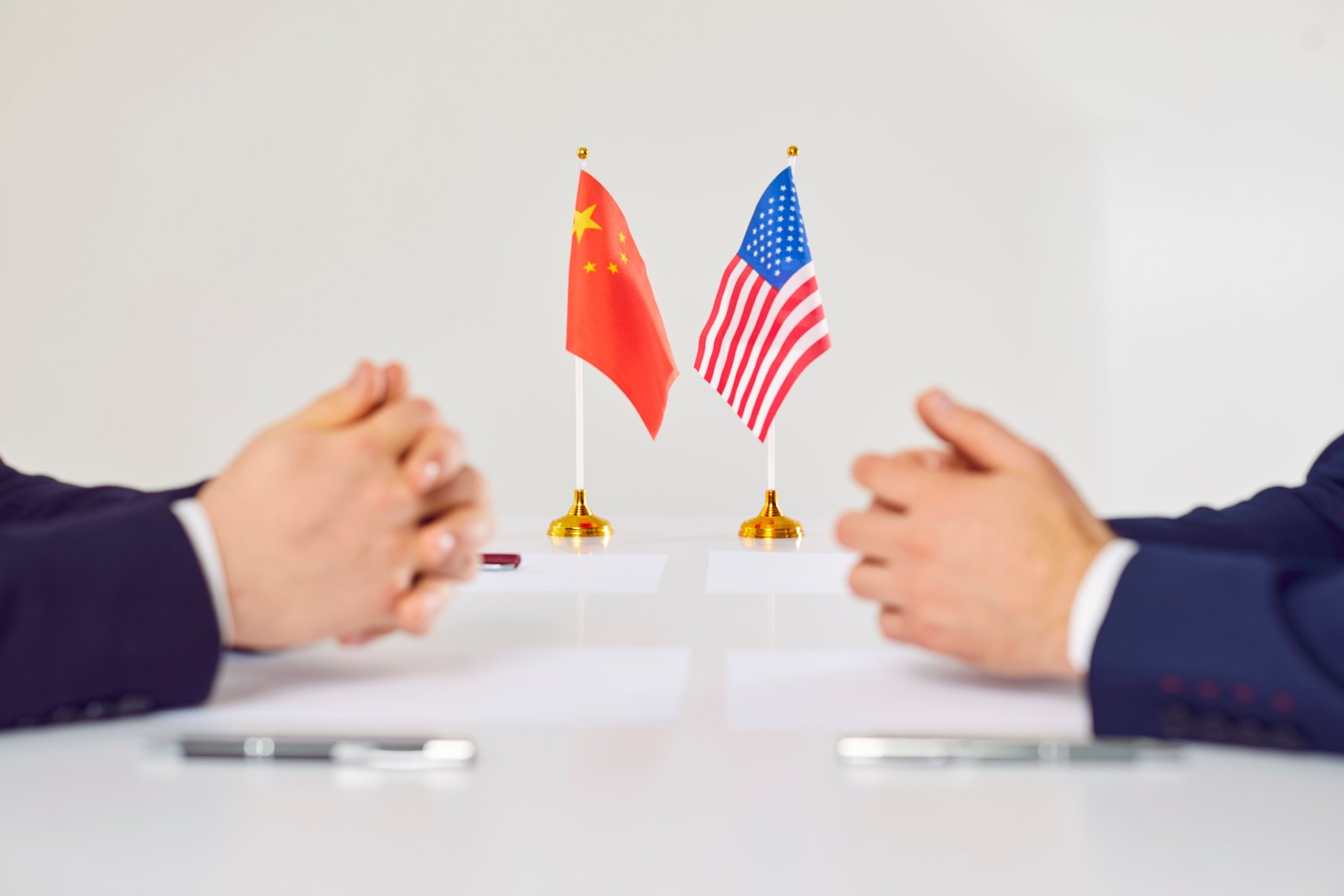
Image Credit: Shutterstock / Studio Romantic
The ongoing trade war and military posturing in the South China Sea have heightened U.S.-China tensions. These conflicts increase the risk of a miscalculation that could lead to nuclear confrontation.
2. North Korea’s Nuclear Advancements
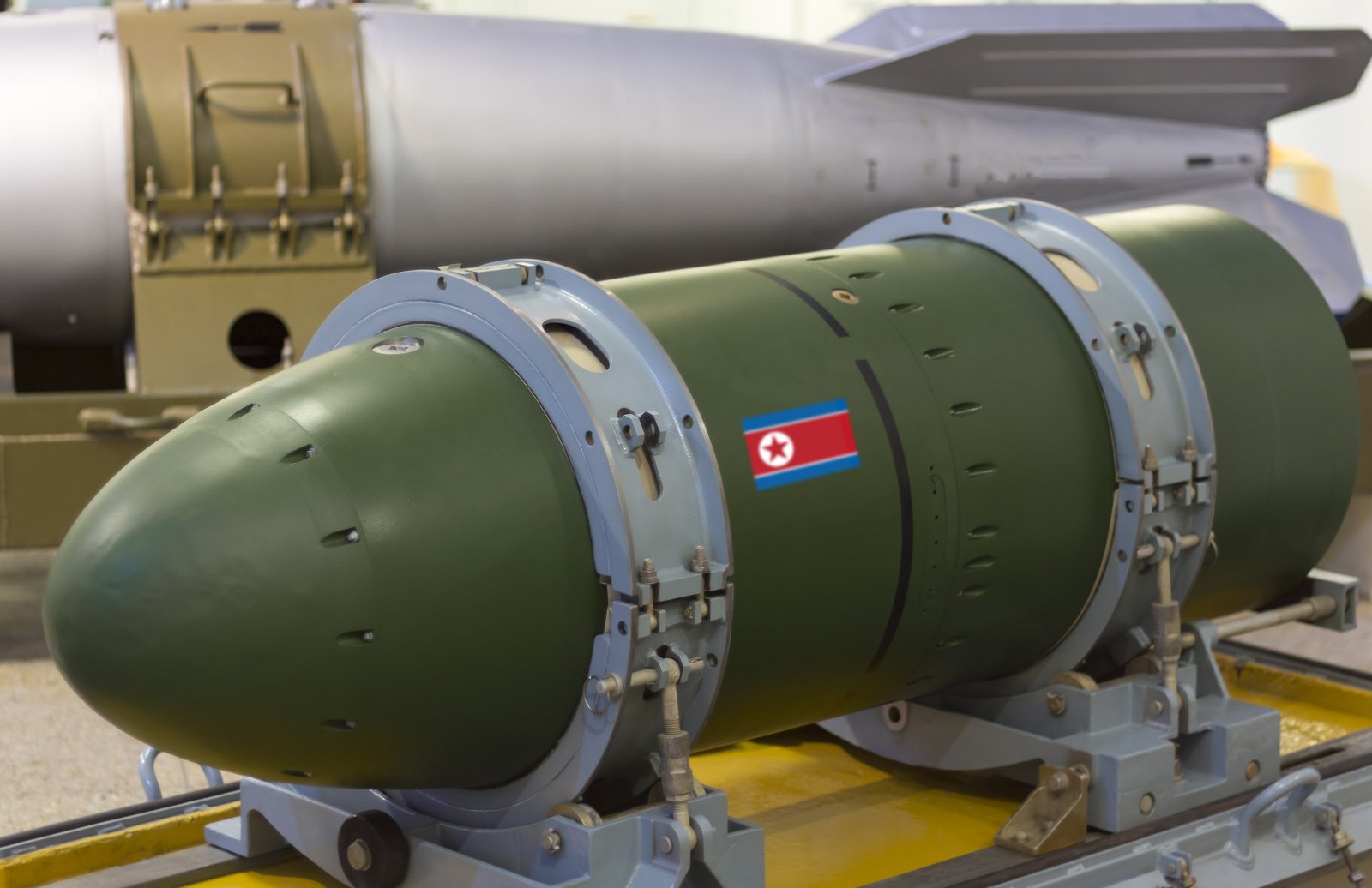
Image Credit: Shutterstock / GAS-photo
North Korea continues to develop its nuclear arsenal, defying international sanctions. Kim Jong-un’s unpredictable behavior raises the stakes for potential conflict.
3. Breakdown of Nuclear Treaties

Image Credit: Shutterstock / Amnaj Khetsamtip
The collapse of treaties like the INF (Intermediate-Range Nuclear Forces) Treaty leaves the world more vulnerable. Without these agreements, nations are freer to develop and deploy nuclear weapons.
4. India’s and Pakistan’s Arms Race
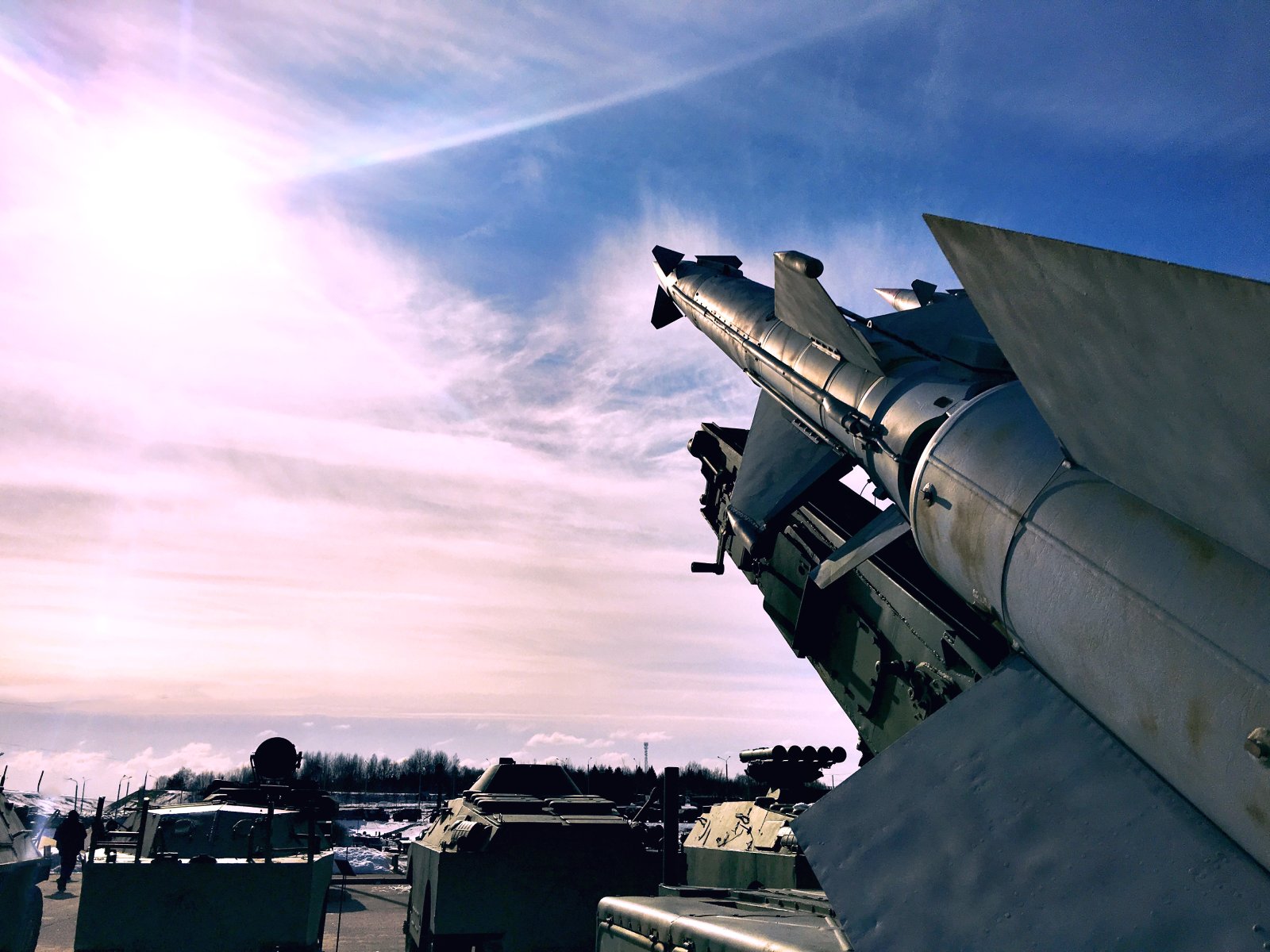
Image Credit: Shutterstock / Andy Gin
India and Pakistan, both nuclear-armed, have a long history of conflict. Their ongoing arms race and territorial disputes over Kashmir keep the region on a knife’s edge.
5. Iran’s Nuclear Ambitions

Image Credit: Shutterstock / YuRi Photolife
Iran’s pursuit of nuclear capabilities continues to destabilize the Middle East. The potential for military strikes on Iranian facilities could spark a broader conflict.
6. Cyber Warfare

Image Credit: Shutterstock / Max Acronym
Cyber attacks on nuclear infrastructure could lead to accidental launches or escalations. The increasing sophistication of cyber warfare tools makes this a real threat.
7. NATO-Russia Tensions

Image Credit: Shutterstock / fizkes
NATO’s eastward expansion and Russia’s aggressive posturing have revived Cold War-era tensions. Military exercises and close encounters increase the risk of accidental conflict.
8. U.S. Withdrawal from the Iran Nuclear Deal

Image Credit: Shutterstock / New Africa
The U.S. exit from the JCPOA (Joint Comprehensive Plan of Action) has led to increased Iranian nuclear activities. This withdrawal has reduced diplomatic channels and increased regional instability.
9. Militarization of Space
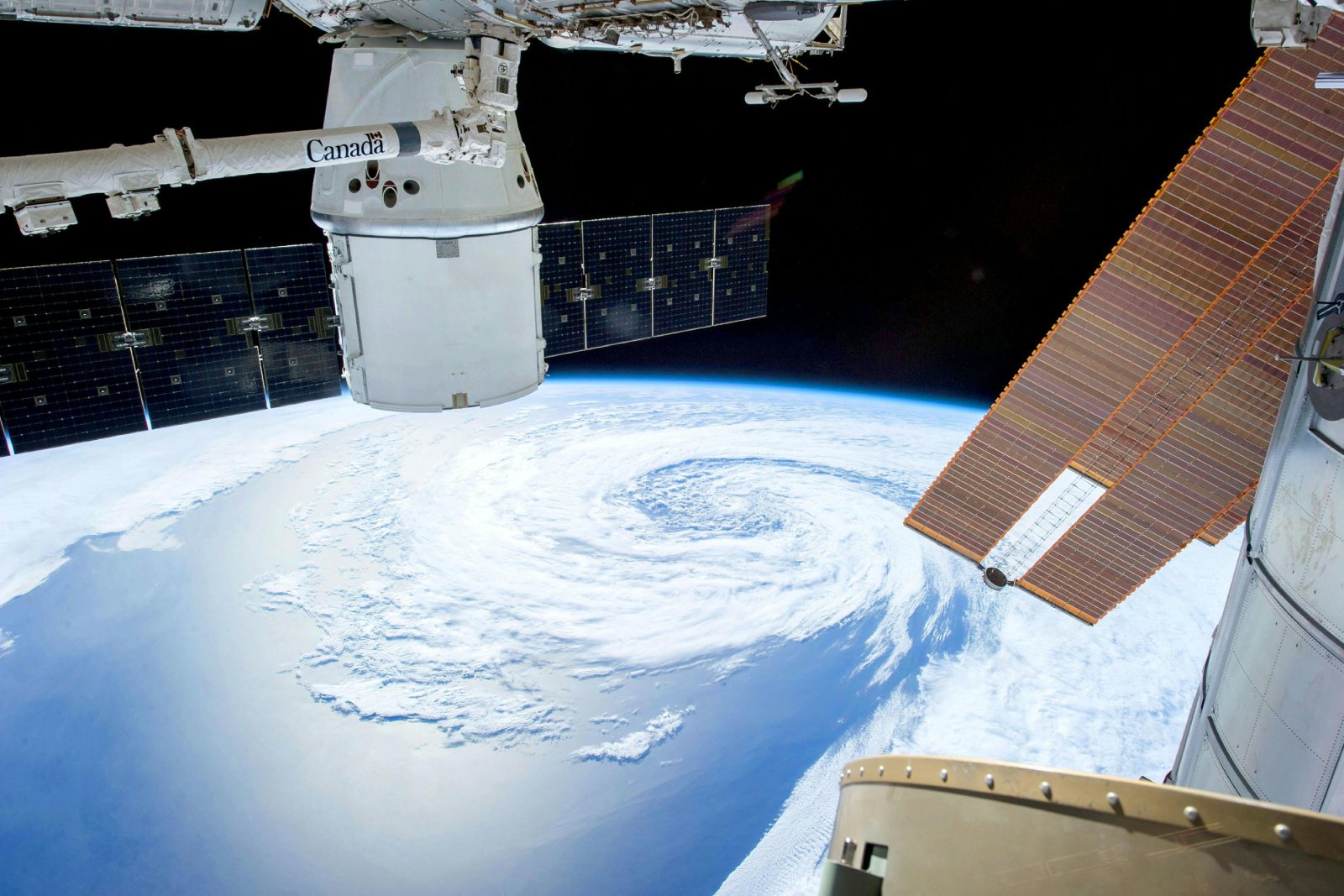
Image Credit: Pexels / SpaceX
The development of space-based weapons systems could trigger a new arms race. Control of space is becoming a strategic priority, raising the potential for conflict.
10. Advances in Hypersonic Weapons
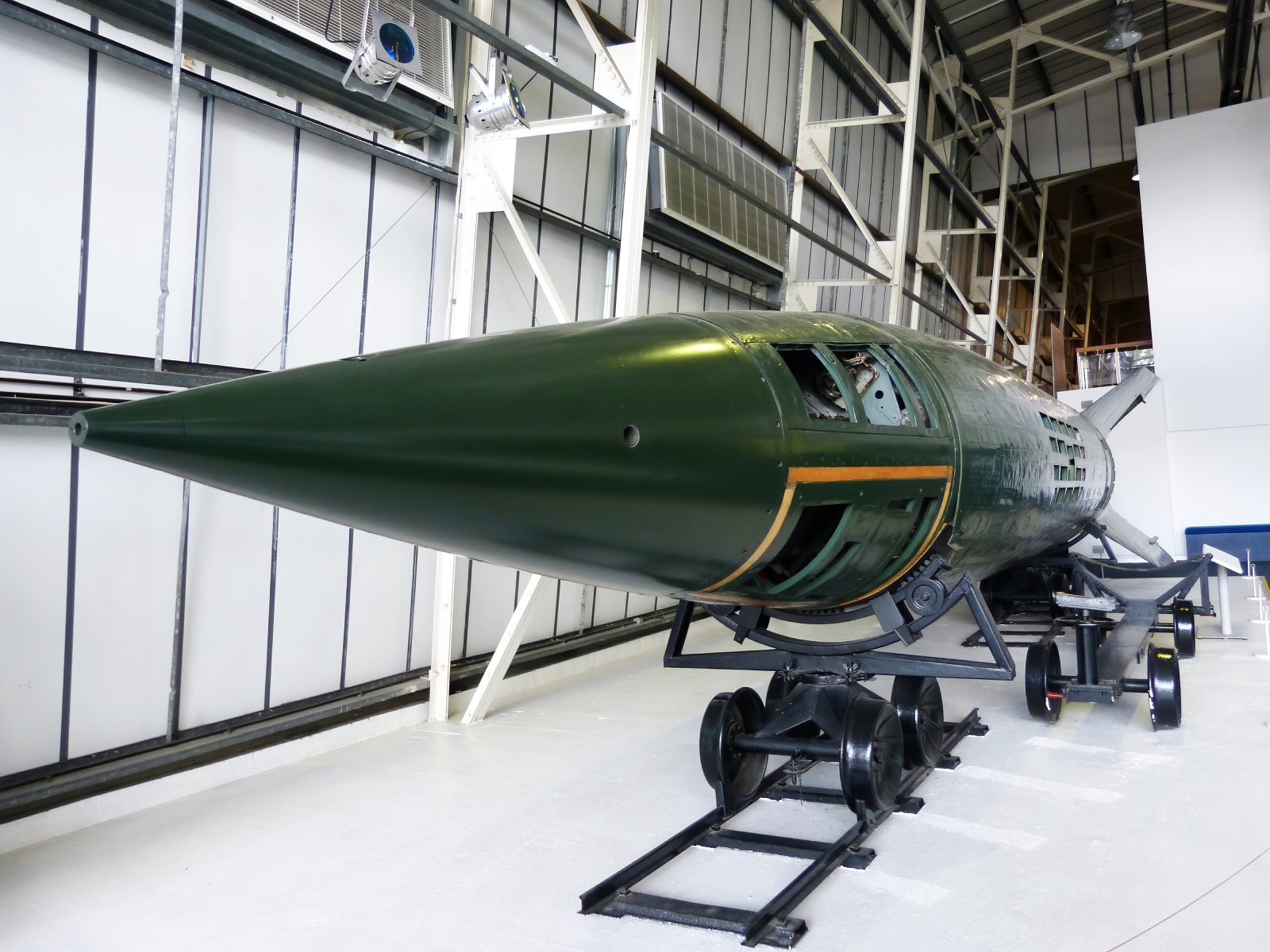
Image Credit: Shutterstock / Claudio Caridi
Hypersonic missiles, which can evade current missile defenses, are being developed by several nations. Their deployment could undermine existing deterrence strategies.
11. Political Instability in Nuclear States
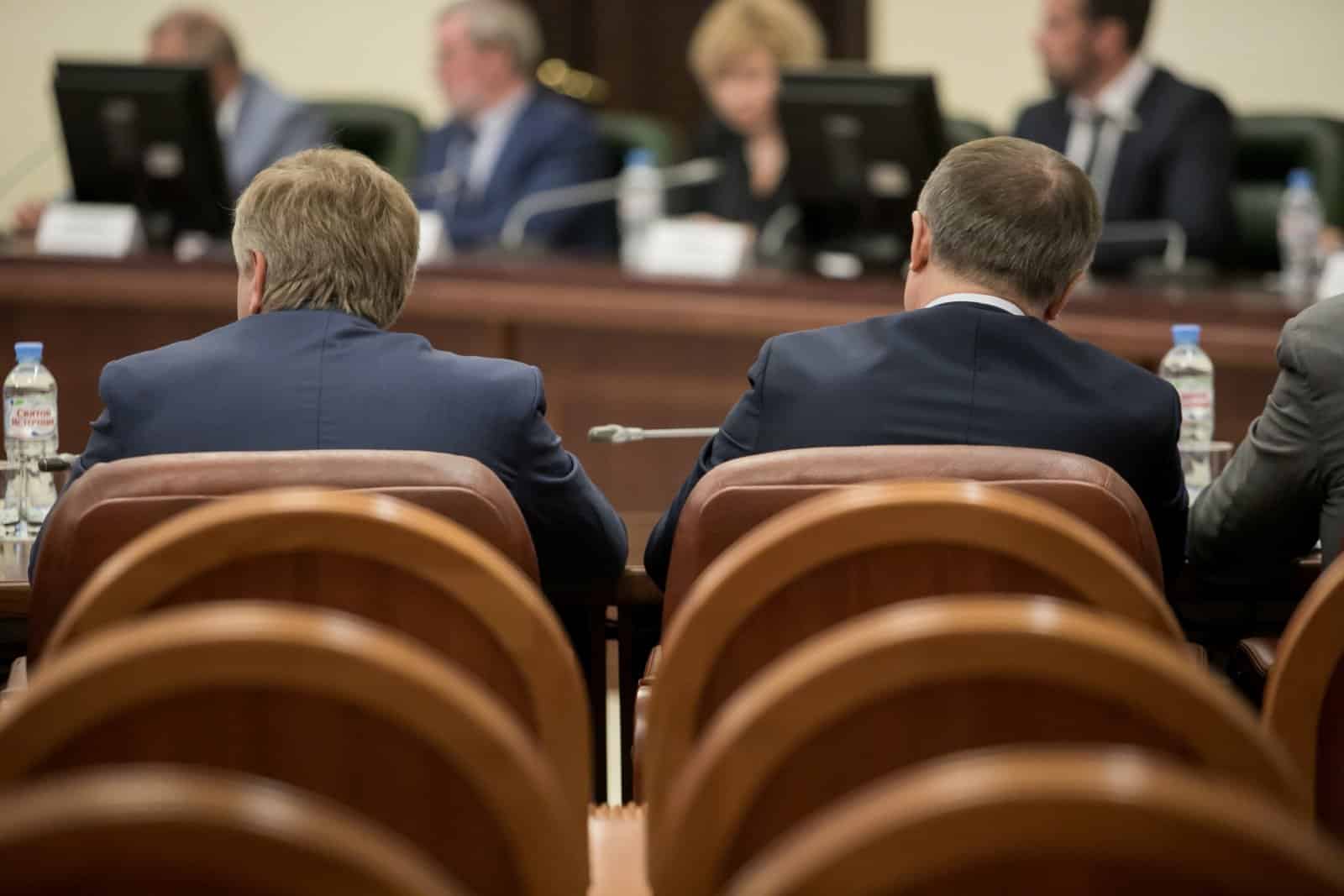
Image Credit: Shutterstock / Salivanchuk Semen
Countries with nuclear capabilities facing internal turmoil, like Pakistan and North Korea, pose a significant risk. Political instability increases the likelihood of nuclear assets falling into the wrong hands.
12. Terrorism

Image Credit: Shutterstock / FotoDax
The potential for terrorist groups to acquire nuclear materials is a persistent threat. A nuclear-armed terrorist group could provoke unprecedented global chaos.
13. Miscommunication

Image Credit: Shutterstock / sirtravelalot
Historical near-misses have often been caused by miscommunication between nuclear powers. In the digital age, the speed of communication could either prevent or exacerbate these misunderstandings.
14. Autonomous Weapons Systems

Image Credit: Shutterstock / Andrey_Popov
The rise of AI in military technology introduces the risk of autonomous systems making critical decisions. The potential for an AI-triggered nuclear launch is a chilling possibility.
15. Climate Change and Resource Scarcity

Image Credit: Shutterstock / palidachan
Climate change is leading to resource scarcity, which could spark conflicts. Struggles over water, food, and arable land could escalate to nuclear confrontations.
16. Proliferation of Nuclear Technology

Image Credit: Pexels / Pixabay
The spread of nuclear technology to more countries increases the risk of its use. More players with nuclear capabilities complicate global security dynamics.
17. Rising Nationalism

Image Credit: Shutterstock / Rawpixel.com
Rising nationalism and populist movements often advocate for stronger military postures. This shift can lead to more aggressive foreign policies and increased nuclear risks.
18. Deteriorating U.S.-Russia Relations
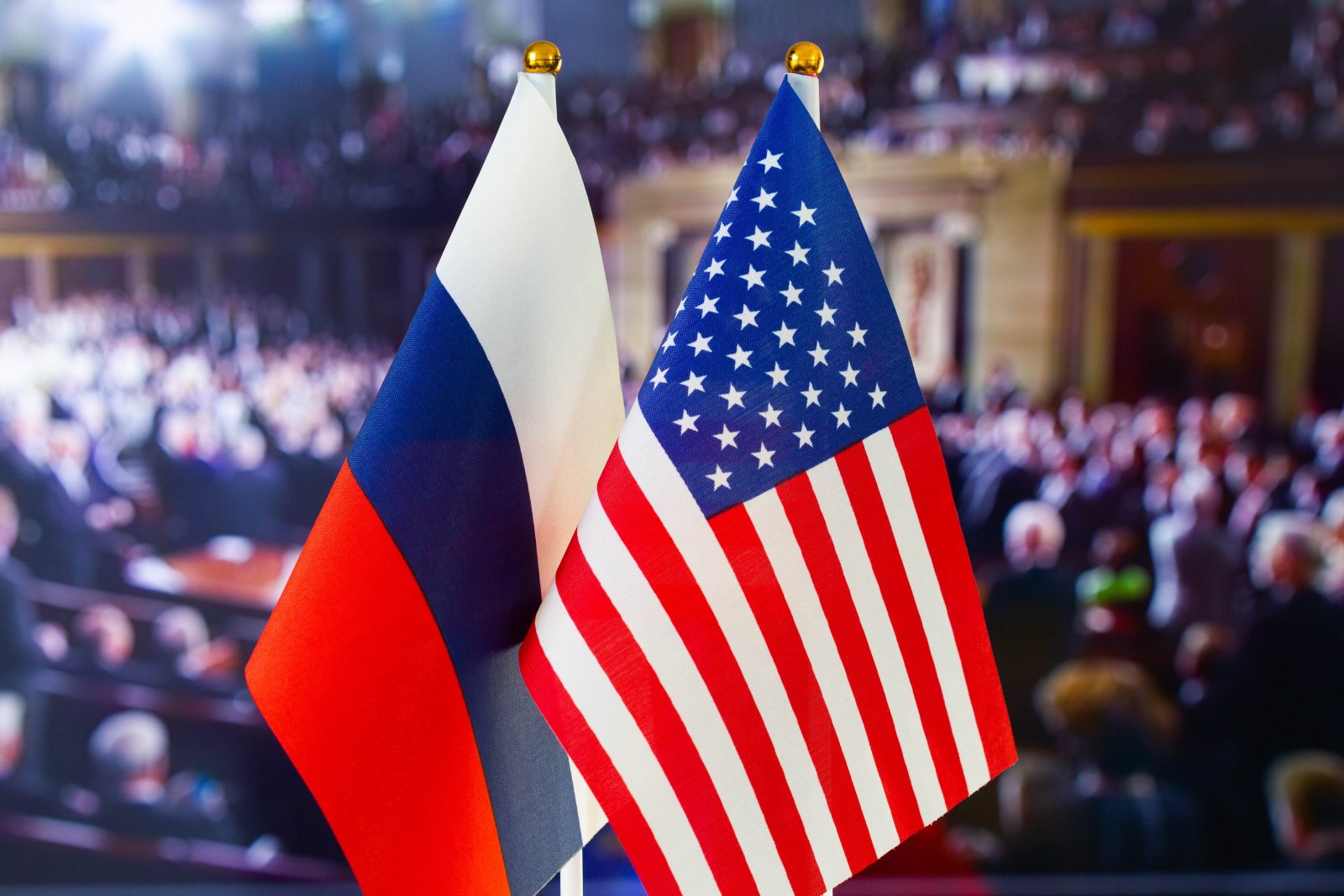
Image Credit: Shutterstock / SB2010 studio
U.S.-Russia relations have soured significantly, reminiscent of Cold War-era hostility. Continued deterioration could lead to renewed nuclear brinkmanship.
19. Proxy Wars
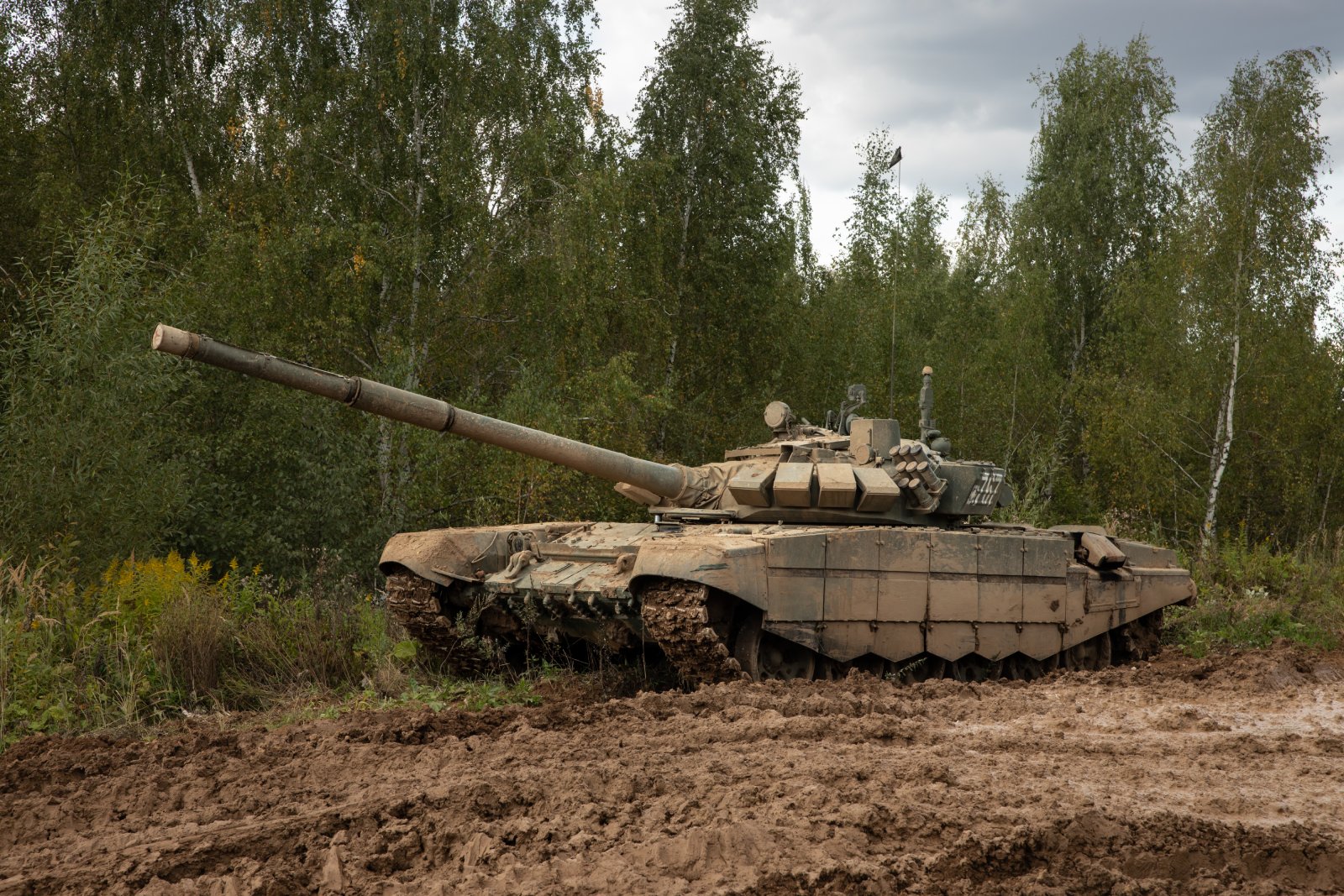
Image Credit: Shutterstock / Alexey Soloukhin
Ongoing proxy wars, such as in Syria and Yemen, involve nuclear-armed states indirectly. These conflicts could spiral into direct confrontations between nuclear powers.
20. Military Drills and Exercises
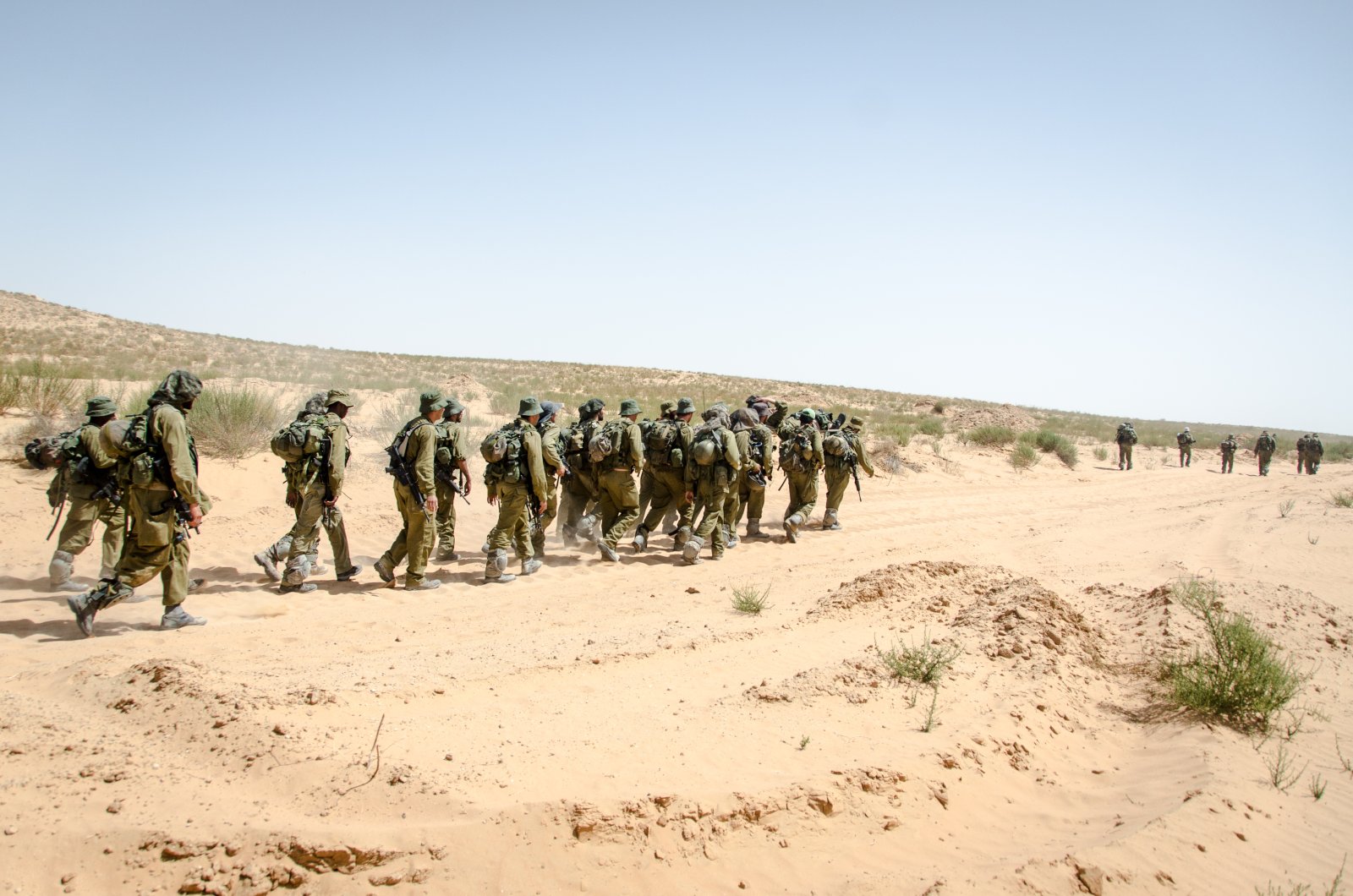
Image Credit: Shutterstock / Alex Lerner
Military drills near contentious borders, like those between NATO and Russia, increase the risk of accidents. These exercises could be misinterpreted as preparations for an attack.
21. Escalating Cyber Conflicts
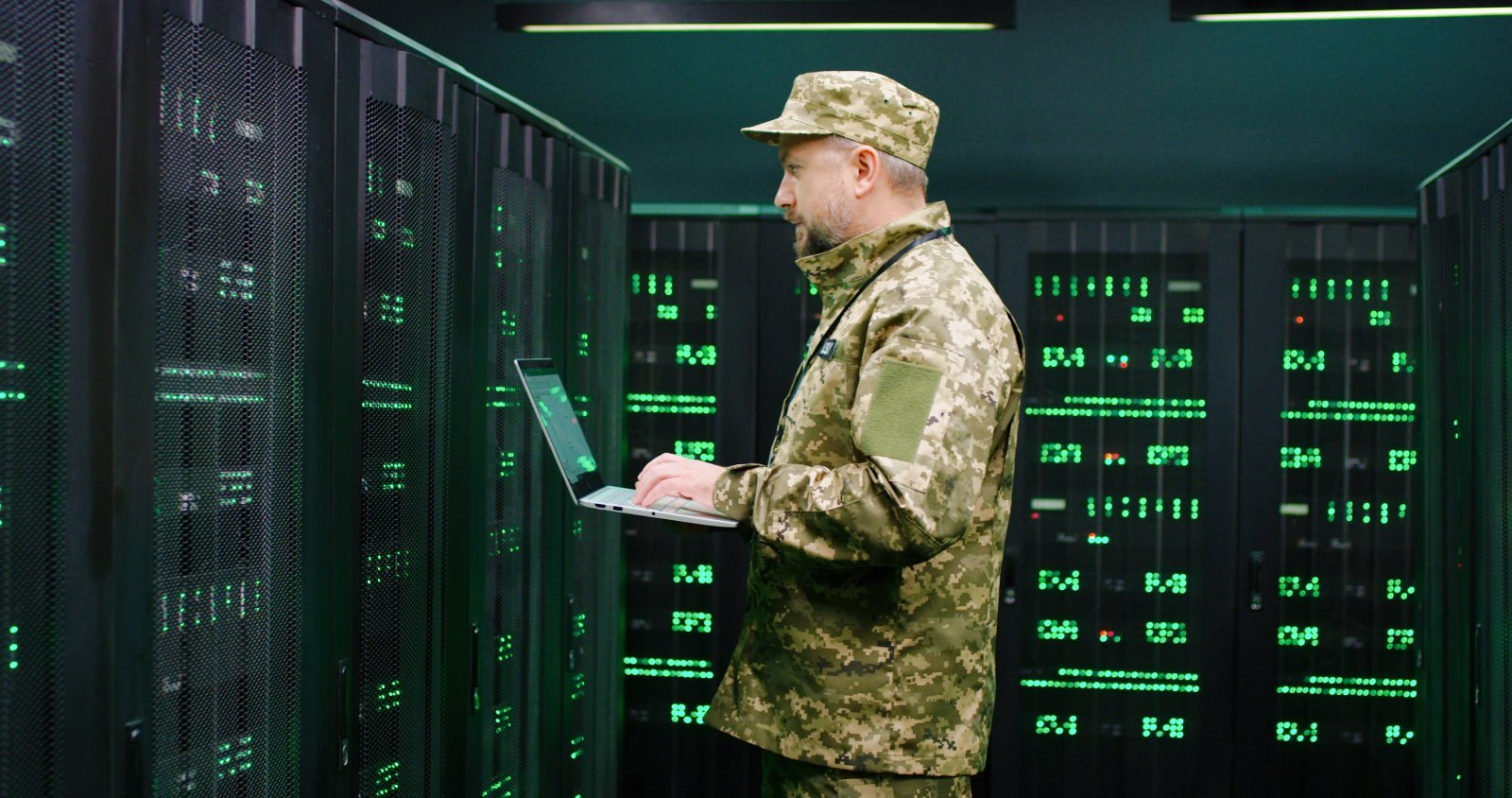
Image Credit: Shutterstock / M_Agency
Increasing cyber conflicts between major powers could disable nuclear command and control systems. This vulnerability might lead to accidental or preemptive nuclear strikes.
A Fragile Peace

Image Credit: Shutterstock / SFIO CRACHO
The global landscape is fraught with risks that make nuclear war more likely. As these events unfold, the fragile peace we depend on becomes ever more precarious. How do we navigate this dangerous world and prevent the ultimate catastrophe?
Oil Dumping Scandal Rocks Ships Heading to New Orleans

Image Credit: Shutterstock / Aerial-motion
Two shipping companies have been fined after knowingly hiding a large oil spill in the Atlantic Ocean. Oil Dumping Scandal Rocks Ships Heading to New Orleans
20 Eye-Opening Realities Facing Retiring Baby Boomers

Image Credit: Shutterstock / Jack Frog
As Baby Boomers approach retirement, the promise of leisure and security often seems unattainable. This generation faces unique challenges that could redefine retirement. Here’s a stark look at the realities shaping their outlook. 20 Eye-Opening Realities Facing Retiring Baby Boomers
Retail Apocalypse: Massive Closures Sweep Across U.S. Brands

Image Credit: Shutterstock / Tada Images
Stores across the U.S. are closing at unprecedented levels, according to new research from advisory firm Coresight Research. Read on for more information about the impact this could have on you and your communities. Retail Apocalypse: Massive Closures Sweep Across U.S. Brands
Featured Image Credit: Shutterstock / RobertoBarcellona.
For transparency, this content was partly developed with AI assistance and carefully curated by an experienced editor to be informative and ensure accuracy.

